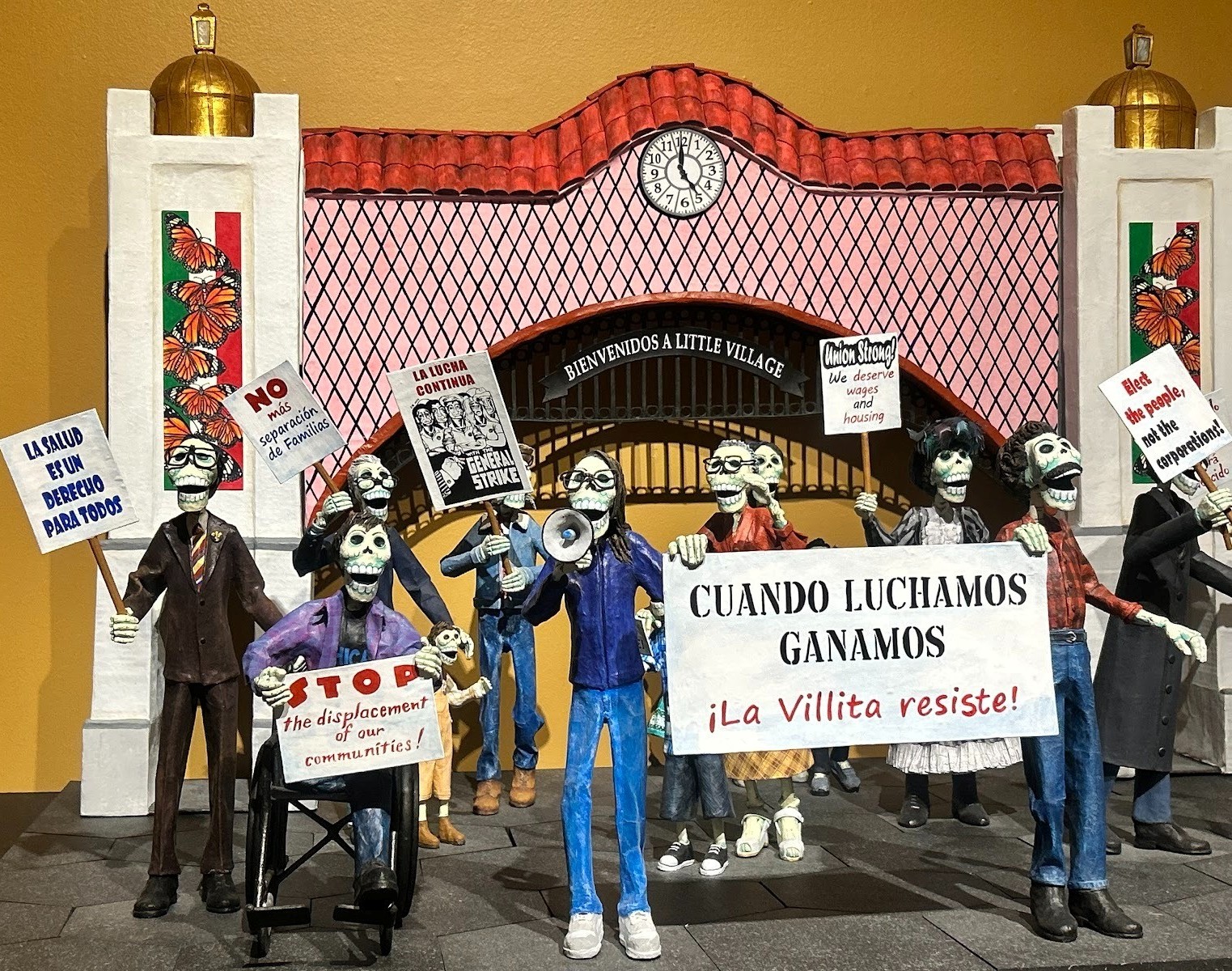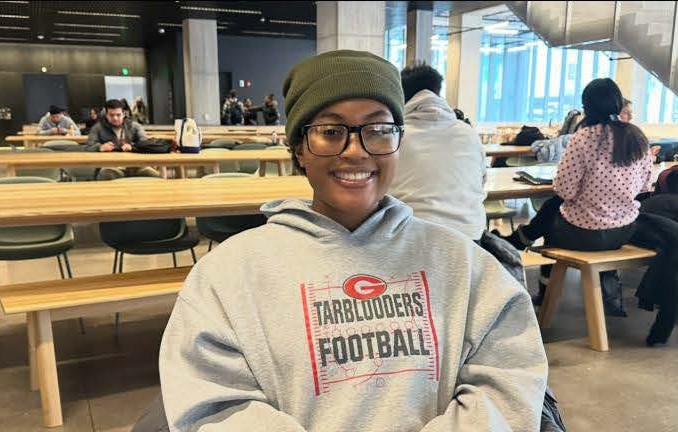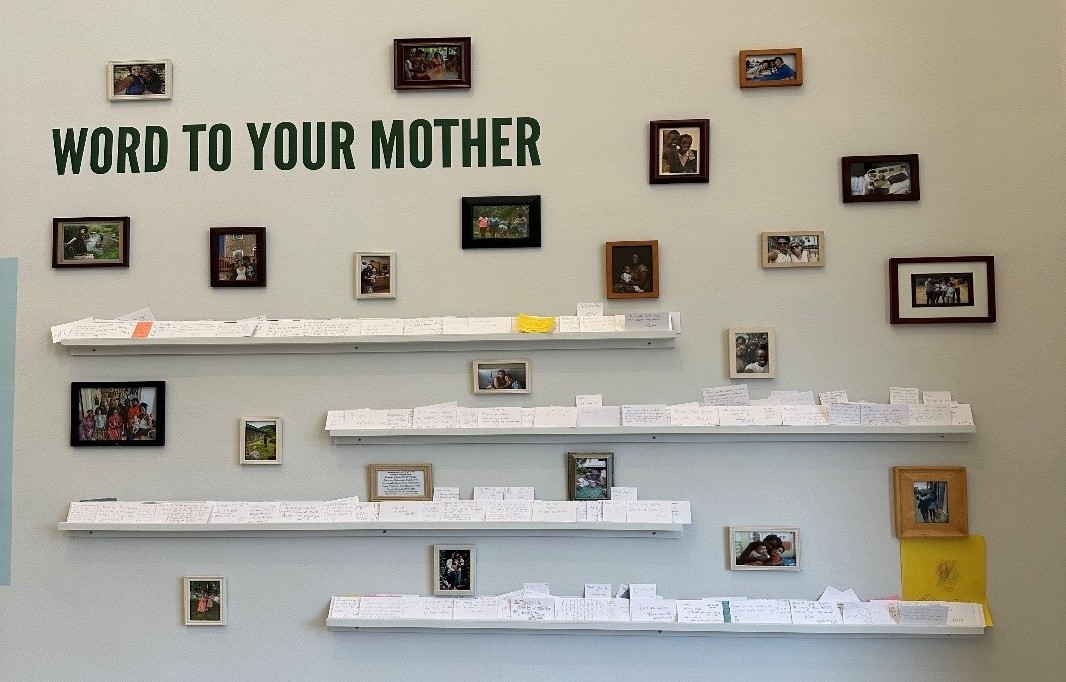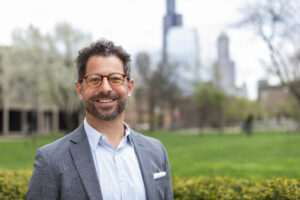A year-long, statewide program has forged new connections among organizations working on various aspects of violence against women.
“What Will It Take? Building the Safest State for All Women and Girls,” headed by the Chicago Foundation for Women, provided $1 million in grants to nonprofits. The Illinois state government and the federal government each contributed $1 million to the anti-violence campaign.
The program has been collecting ideas for a report released this week. It has 100 action items and highlights the need to take stalking more seriously as an indicator of future violence, getting more men to see violence prevention as their issue, and treating violence as a national epidemic and a public health crisis.
“The whole process expanded people’s context for what violence is,” says Rachel Durchslag. “People will think of hitting or rape as violence against women. But they might not think of someone in the sex trade being a victim of violence or how media images of thinness and quote-unquote ‘beauty’ influence us to commit violence against ourselves. This process brought together people who are trying to fight different kinds of violence.”
Durchslag should know, as last year she founded a grassroots organization focused on eliminating the sex trade in Chicago. But she was soon struggling to find data about the demand side of the problem.
Then she got a $30,000 research grant from the statewide initiative that allowed her to join an international study about the demand side of prostitution.
From there she put together an interviewing team – including three survivors of prostitution – who questioned more than 100 men in the Chicago area about their attitudes and practices on the subject. Other participating groups are interviewing men in seven cities, including London, Calcutta and Madrid, and results will be released in late 2007 or early 2008.
While her organization, the Chicago Alliance Against Sexual Exploitation, compiles its survey findings, it is also teaming up with the local Christian Community Health Fellowship’s Footprints program to develop a series of “John Schools” for men caught soliciting prostitutes.
Chicago judges refer the arrested men to the program, which is held twice a month, has a sliding fee and takes place at the Footprints facility.
“In Chicago, there’s historically been a lot of focus on prevention but not much on demand elimination,” Durchslag says. “We give women resources so they don’t end up in prostitution, but we also want to educate men and get them involved.”
The initial goal of “What Will It Take?” was to reach 4 million people in Illinois through a series of events around the state. Susy Schultz, director of advocacy for the Chicago Foundation for Women, said the campaign ultimately reached more than 10 times that number since its September 2006 kickoff.
From March to June, there were eight “What Will It Take?” town-hall-style forums that brought guest speakers to specific communities to talk about a range of issues.
Half of the forums were in Chicago and its surrounding Cook County suburbs, which hosts nearly half the population of Illinois. Other meetings were in downstate Mt. Vernon, Urbana-Champaign, western Galesburg and the DeKalb-Rockford area in northern Illinois. Another 40 community meetings were held around the state, grants were distributed statewide and an online forum for all participants was set up through the foundation’s web site.
In addition to spanning the state’s geography, the initiative also covered different areas of expertise. Organizations devoted to preventing date rape, stalking, sexual assault, human trafficking, child abuse and other aspects of violence participated alongside groups focused on lesbian, gay, bisexual and transgender people; young people; and specific ethnic and religious communities.
“Being from downstate, Chicago Foundation for Women is not a group I had an opportunity to work with before,” said Ross Wantland, coordinator of sexual assault education at the University of Illinois at Urbana-Champaign. “This initiative brought in individuals who are part of the business world, individuals who are part of professional organizations, individuals from general community organizations. And that’s where this needs to go, with communities playing a bigger role in taking responsibility.”
“We heard some of the obstacles and challenges from other parts of the state, and you start to see things from their perspective,” says Maria Pesqueira, president of the Chicago-based Mujeres Latinas en Accion. “In rural areas, we saw there’s not only the question of whether or not there are services, but you start to think about transportation. How are they getting there?”
As part of its year-long effort, the Chicago Foundation for Women also sponsored a men’s initiative, designed to get men thinking about their role in stopping violence and enlisting them as allies.
“In order to end violence against women, we have to talk to men and let them know it’s their responsibility,” says Samir Goswami, associate director of policy for the Chicago Coalition for the Homeless. “We have to organize men who think that way to talk to other men.”
The foundation held speaker trainings for men who then spoke to Rotary Clubs, Lions Clubs and other community groups around the state. Male speakers also went to high schools to speak with teens and hosted events in Urbana-Champaign, Chicago, Springfield and other areas.
Feedback from these and other events are included in the Sept. 11 report, which also looks at how the organizations brought together under this initiative have cooperated and what they plan for the future.
“For me, this initiative was an opportunity to work with some of the best people in the field, and just not the usual suspects,” Durchslag says. “I don’t know if I’d ever have gotten to meet with some of these organizations if they hadn’t been at the same table.”
Categories:
Justice & Crime Public Social Issues
Tags:
chicago foundation for women girls safety violence women






Be First to Comment